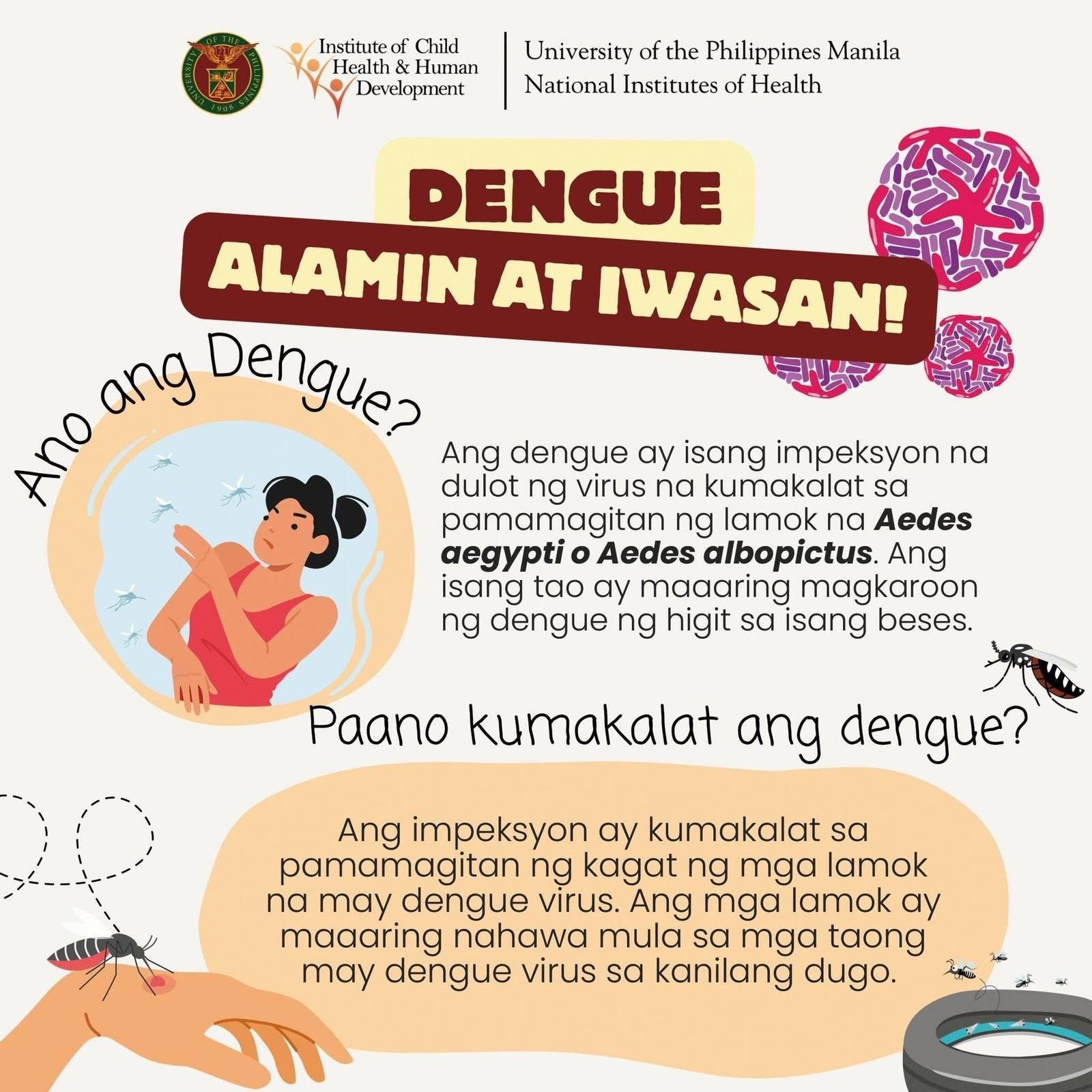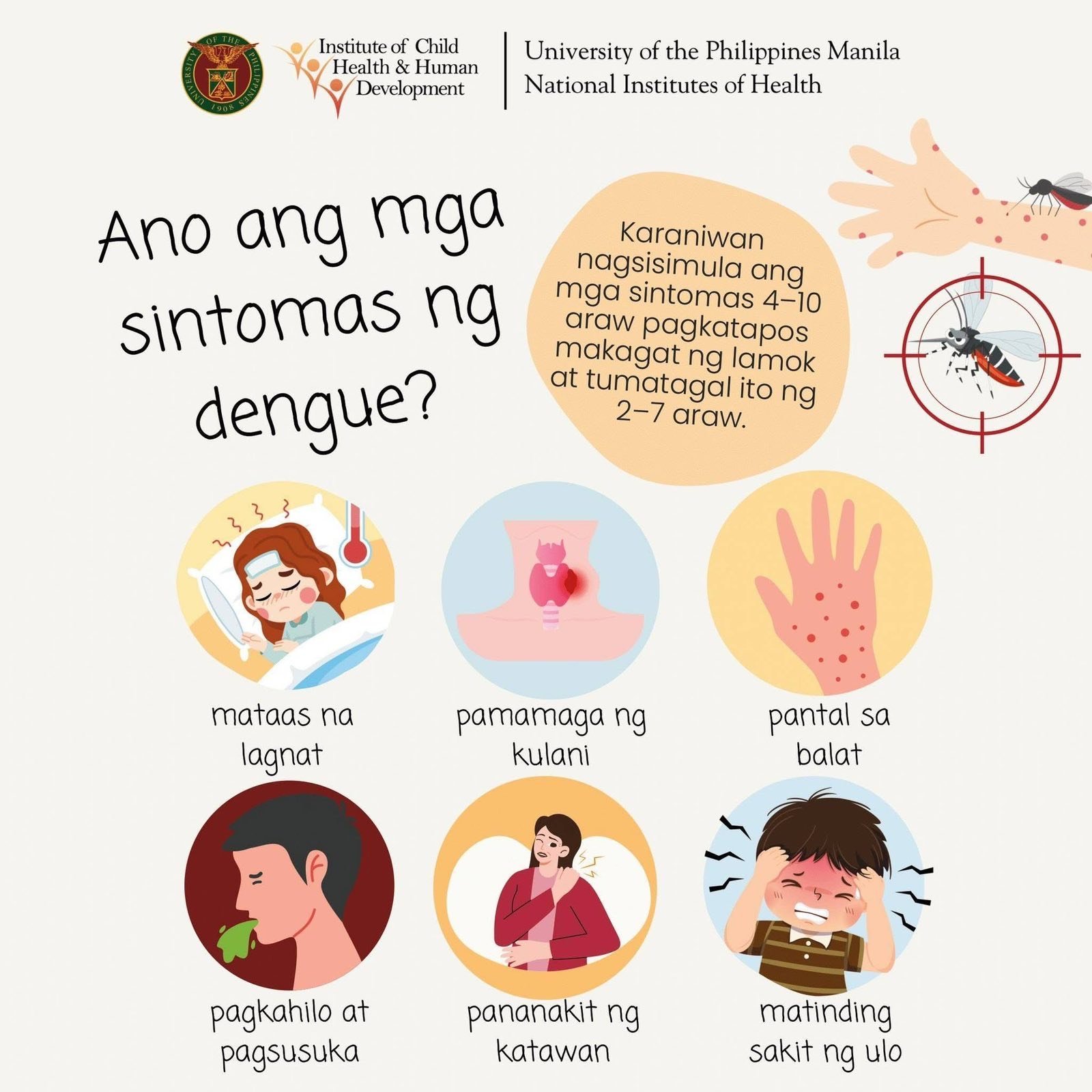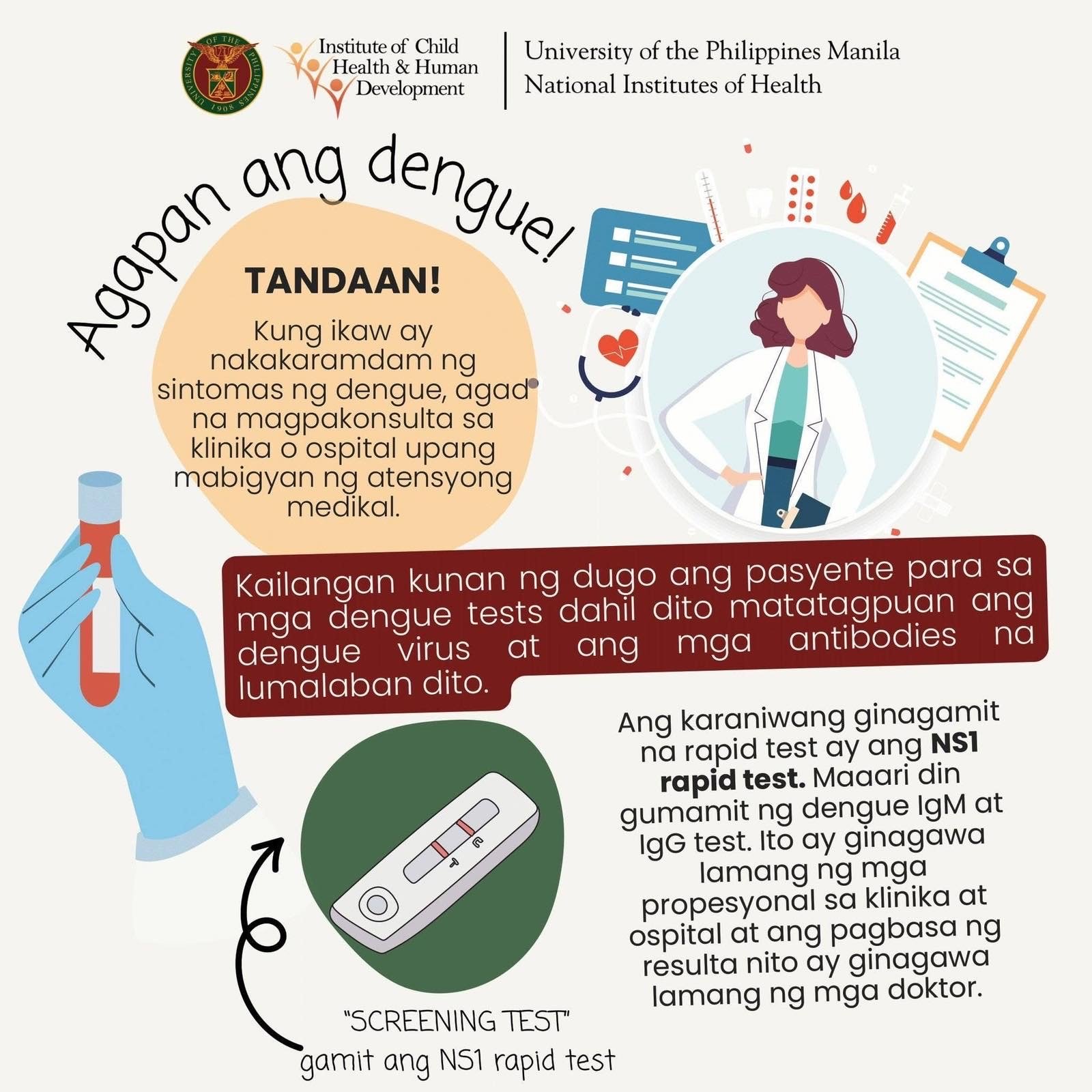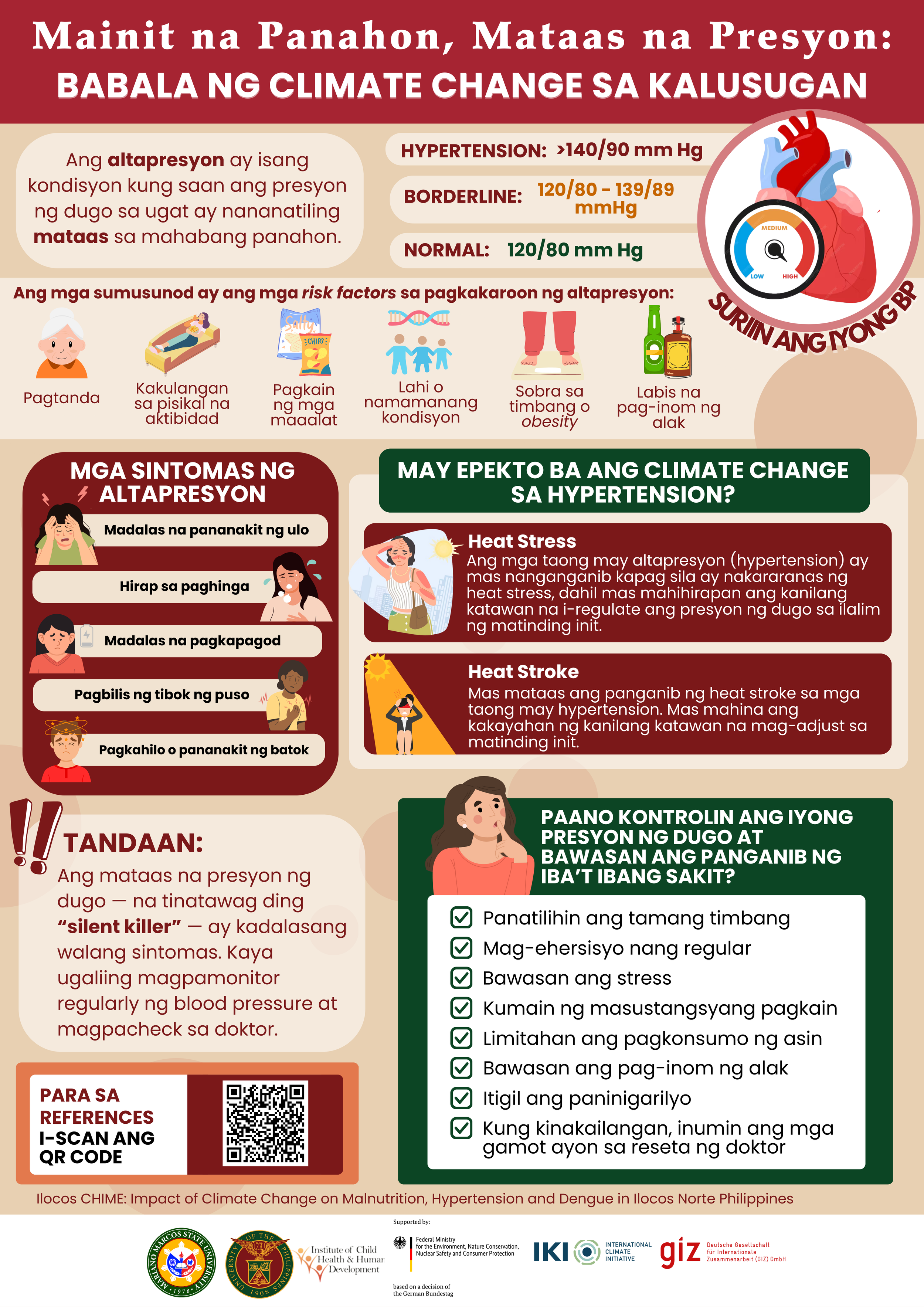In partnership with
Climate change is one of the most fundamental challenges the Philippines is facing today.
According to the UN Office for Disaster Risk Reduction, the Philippines is constantly exposed to climate hazards due to its geographic location. In fact, 60% of the total area is categorized as hazard-exposed, and 74% of the population is susceptible to the impacts of these hazards. Globally, the Philippines is consistently ranked as one of the top 10 countries most affected by extreme weather events.
As climate change continues to increase the frequency and severity of extreme weather events, the consequences for public health are becoming increasingly serious. This is especially alarming when considering that the Philippines’ public health systems are already challenged.
This is why climate change and health research is crucial. By prioritizing and investing in climate-health research, we can pave way for a healthier, more climate-resilient Philippines.
Towards a South-South Collaboration on Climate Information and Services (SSCIS) Project
In partnership with the Deutsche Gesellschaft für Internationale Zusammenarbeit (GIZ), the SSCIS project is a joint effort by the Climate Change Commission (CCC), the Philippine Atmospheric Geophysical and Astronomical Services Administration (PAGASA), and the University of the Philippines. This project aims to strengthen the capacity of the Philippines and other member countries to utilize climate information services for informed decision-making in climate change adaptation and mitigation measures.
As part of this initiative, the Institute of Child Health and Human Development (ICHHD) is conducting a series of studies titled “Effect of Climate Change on Health: Data from the Philippines.” This research explores how climate change influences a range of health issues in the country––from vector-borne diseases such as malaria and dengue to nutrition-related challenges. We have partnered with Mariano Marcos State University (MMSU) in Ilocos Norte, the University of the Philippines College of Medicine - Department of Biochemistry & Molecular Biology, and the Institute of Health Policy and Development Studies to conduct this research. We aim that the knowledge products we develop will strengthen the country’s understanding of climate-related health risks.
Learn more about the myriad ways climate change is affecting health in the Philippines and how ICHHD is working to understand these impacts below.
Vector-borne Diseases
Higher temperatures due to climate change may accelerate the reproduction cycle of mosquitos and expand their habitats, potentially increasing the spread of vector-borne diseases like dengue and malaria. Additionally, more frequent flooding and intense rainfall can lead to the accumulation of stagnant water, creating ideal breeding grounds for mosquitoes.
ICHHD is currently conducting three studies that examine the link between climate change and vector-borne diseases: “The remaining burden of malaria in Palawan, Philippines and its correlation with climate variables,” “Climate factors affecting dengue incidence in the Philippines,” and “Modulating climate-change effects of dengue virus serotypes in mosquitoes through community-based genomic surveillance – A barangay-level modular approach.”
Our Knowledge Products on Vector-borne Diseases
for kids
We developed a storybook to help children understand how climate change can affect the spread of diseases like dengue and malaria.
If you would like to learn more about the book, please contact us through our email: ichhd-nih@post.upm.edu.ph.
Hypertension & Malnutrition
As temperatures continue to rise due to climate change, people with hypertension are at greater risk of experiencing heat stress and heat stroke, as their bodies are less able to adjust to intense heat. Meanwhile, rising temperatures and more frequent, intense natural disasters can increase the risk of malnutrition by disrupting food production and access, leading to greater food insecurity.
In partnership with Mariano Marcos State University (MMSU), ICHHD is currently conducting a study that examines the link between climate change, hypertension, malnutrition, and dengue in Ilocos Norte: “Impact of Climate Change on Malnutrition, Hypertension, and Dengue in Ilocos Norte, Philippines” or Ilocos CHIME (January 1993 - December 2023).
Our Knowledge Products on Hypertension & Malnutrition
brochures
infographics
Cholera & Other Projects
Climate change has extensive impacts on health. Our other research projects investigating the different health impacts include: “Charting the Influence of Environmental Factors on Cholera Occurrence and Geographic Spread in the Philippines: A Comprehensive Study (2014 - 2023),” “Recent Trends in Research on the Health Impacts of Climate Change in the Philippines (2018-2023): A Systematic Review,” and “Correlation of Surface Air Temperature Trends and Hospital Admissions of Selected Diseases in the Philippines.”
Other Climate-Health Knowledge Products
We developed a capacity-building training module for barangay health workers (BHWs) to strengthen their knowledge and skills in addressing the health impacts of climate change at the community level.
If you would like to learn more about the training module, please contact us through our email: ichhd-nih@post.upm.edu.ph.
for kids
We designed an activity book to help children learn about the causes and effects of climate change on health, and how they can prepare for its impacts.
If you would like to learn more about the book, please contact us through our email:
ichhd-nih@post.upm.edu.ph.






















